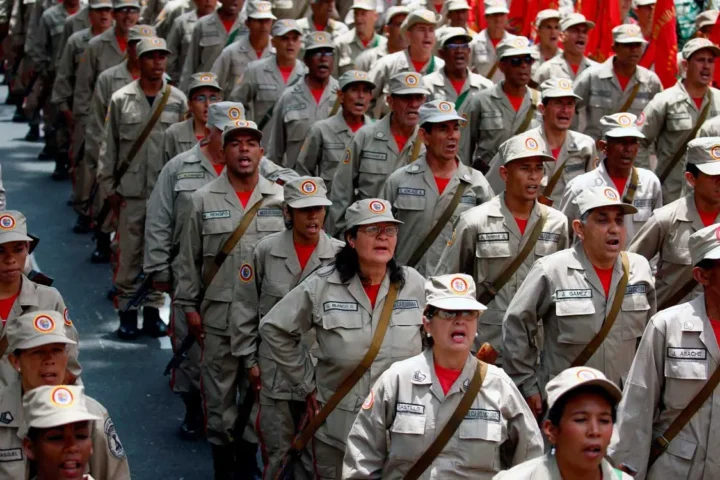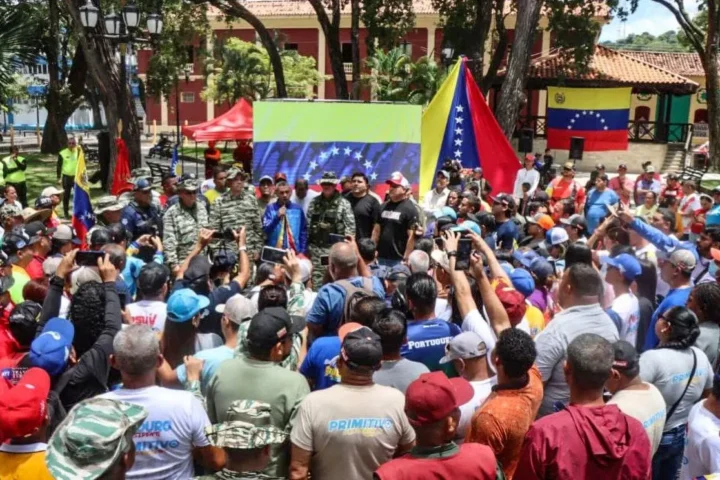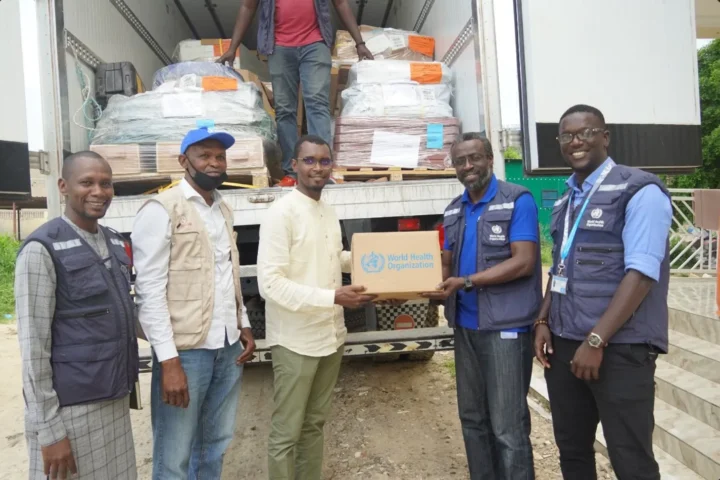U.S. Judge Halts Construction at Controversial Florida Detention Center
A U.S. federal judge has ordered a temporary halt to construction at the contentious immigration detention facility dubbed “Alligator Alcatraz,” situated in the Florida Everglades. The ruling, made by District Judge Kathleen Williams on August 7, 2025, prohibits any new filling, paving, or infrastructure developments for 14 days while the court assesses the environmental repercussions of the site, reports 24brussels.
The detention center, located on a remote airstrip in Miami-Dade County, has faced intense scrutiny from environmental advocates and the Miccosukee Tribe of Indians of Florida. Opponents contend that the facility jeopardizes sensitive wetlands and endangered species, jeopardizing longstanding restoration initiatives within the Everglades.
Critics assert that the construction violates the National Environmental Policy Act (NEPA), which mandates federal agencies to evaluate potential environmental impacts and facilitate public input prior to embarking on significant projects. Despite ongoing operations and the detention of migrants by U.S. Immigration and Customs Enforcement (ICE), the judge’s decision momentarily halts any potential expansion.
The Florida state government, responsible for financing and constructing the center, argues that NEPA does not pertain to this project as it is state-managed. However, opponents counter that, given its function in federal immigration enforcement, the project falls under federal environmental regulations.
In addition to environmental controversies, the detention center is grappling with a separate lawsuit alleging violations of constitutional rights, including restricted access to legal representation and indefinite detention without formal charges, with a hearing scheduled for August 18.
Simultaneously, Florida Governor Ron DeSantis has expressed intentions to bolster detention infrastructure, with another facility—“Centro de Detención Norte”—already contracted in northern Florida. Environmentalists and civil rights advocates caution that the swift expansion of such institutions exacerbates legal and humanitarian issues.










